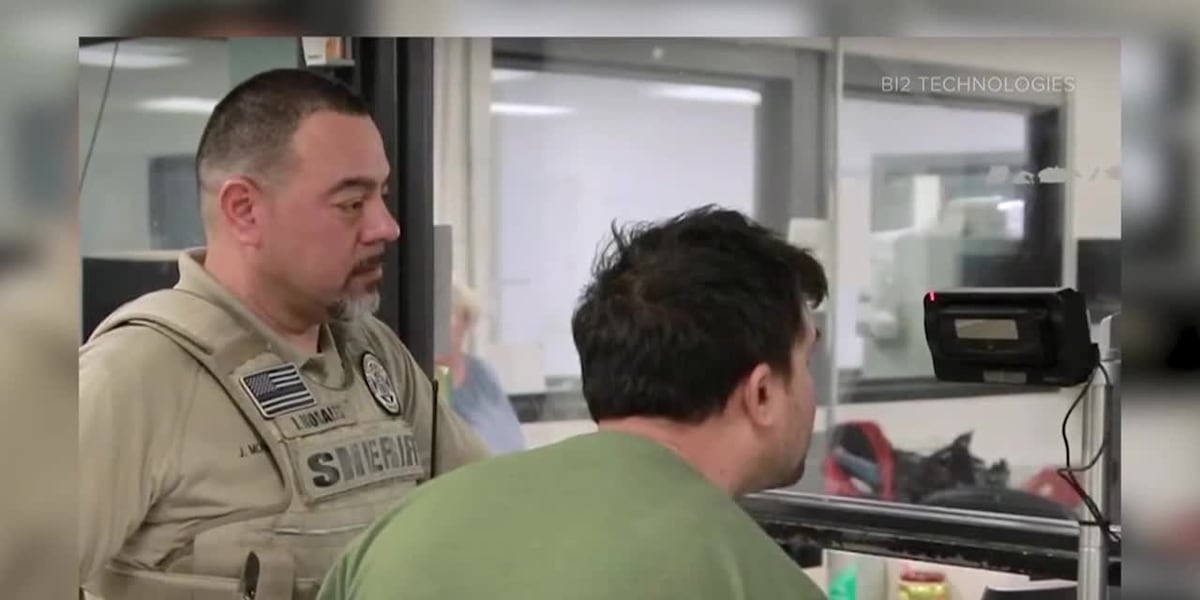mRNA Vaccine Contracts Halted: Lack of Public Trust Blamed by NIH Director

The recent cancellation of mRNA vaccine contracts has sparked considerable debate, and now, a prominent figure within the National Institutes of Health (NIH) has offered a compelling explanation. Dr. Jay Bhattacharya, Director of the NIH, revealed that a significant factor contributing to the decision was a growing lack of public trust in the mRNA vaccine technology itself. This perspective differs from that of Health Secretary Robert F. Kennedy Jr., adding another layer to the complexities surrounding this issue.
The mRNA technology, which revolutionized vaccine development during the COVID-19 pandemic, has faced increasing scrutiny and skepticism in recent years. While lauded for its speed and efficacy in combating the virus, concerns regarding potential long-term effects, safety protocols, and the overall novelty of the technology have taken root within the public consciousness. This hesitancy has been fueled by a variety of factors, including misinformation online, differing opinions among medical professionals, and a general distrust of government institutions.
Dr. Bhattacharya’s statement underscores the importance of public perception in shaping healthcare policy. Canceling contracts, a significant financial and logistical undertaking, indicates a recognition that continued investment in mRNA vaccines, at least in the current climate, may not yield the desired results. Without widespread acceptance and utilization, the potential benefits of these vaccines are severely diminished.
The divergence in viewpoints between Dr. Bhattacharya and Secretary Kennedy Jr. highlights the nuanced nature of the situation. While Secretary Kennedy Jr. has voiced concerns about the safety and efficacy of vaccines in general, Dr. Bhattacharya’s focus on the specifically waning public trust in mRNA technology provides a more targeted explanation for the contract cancellations. It suggests that the issue isn't necessarily a blanket rejection of vaccination, but rather a specific apprehension surrounding this particular type of vaccine.
Looking ahead, rebuilding public trust in mRNA technology will be crucial. This requires a multi-faceted approach, including transparent communication about the science behind the vaccines, addressing public concerns with evidence-based information, and fostering open dialogue between healthcare professionals and the communities they serve. Furthermore, independent research and rigorous safety monitoring will be essential to alleviate anxieties and solidify confidence in the technology.
The NIH’s decision serves as a stark reminder that scientific advancements, no matter how promising, are ultimately dependent on public acceptance. The challenge now lies in bridging the gap between innovation and trust, ensuring that the potential of mRNA vaccines can be fully realized for the benefit of all.
Key Takeaways:
- NIH Director cites lack of public trust as a primary reason for mRNA vaccine contract cancellations.
- This explanation contrasts with the views of Health Secretary Robert F. Kennedy Jr.
- Public hesitancy around mRNA technology stems from concerns about long-term effects, safety, and novelty.
- Rebuilding trust requires transparent communication, evidence-based information, and ongoing research.





